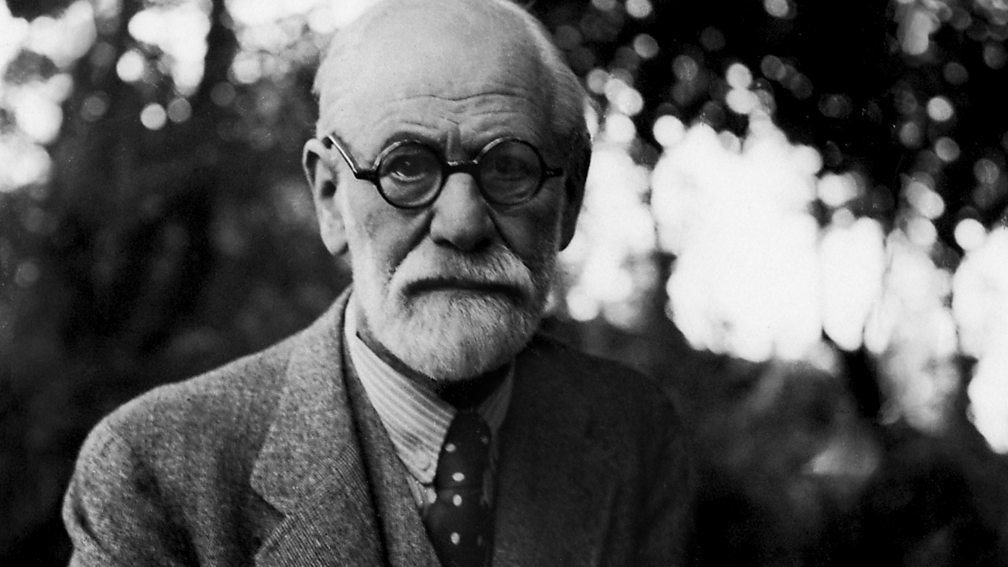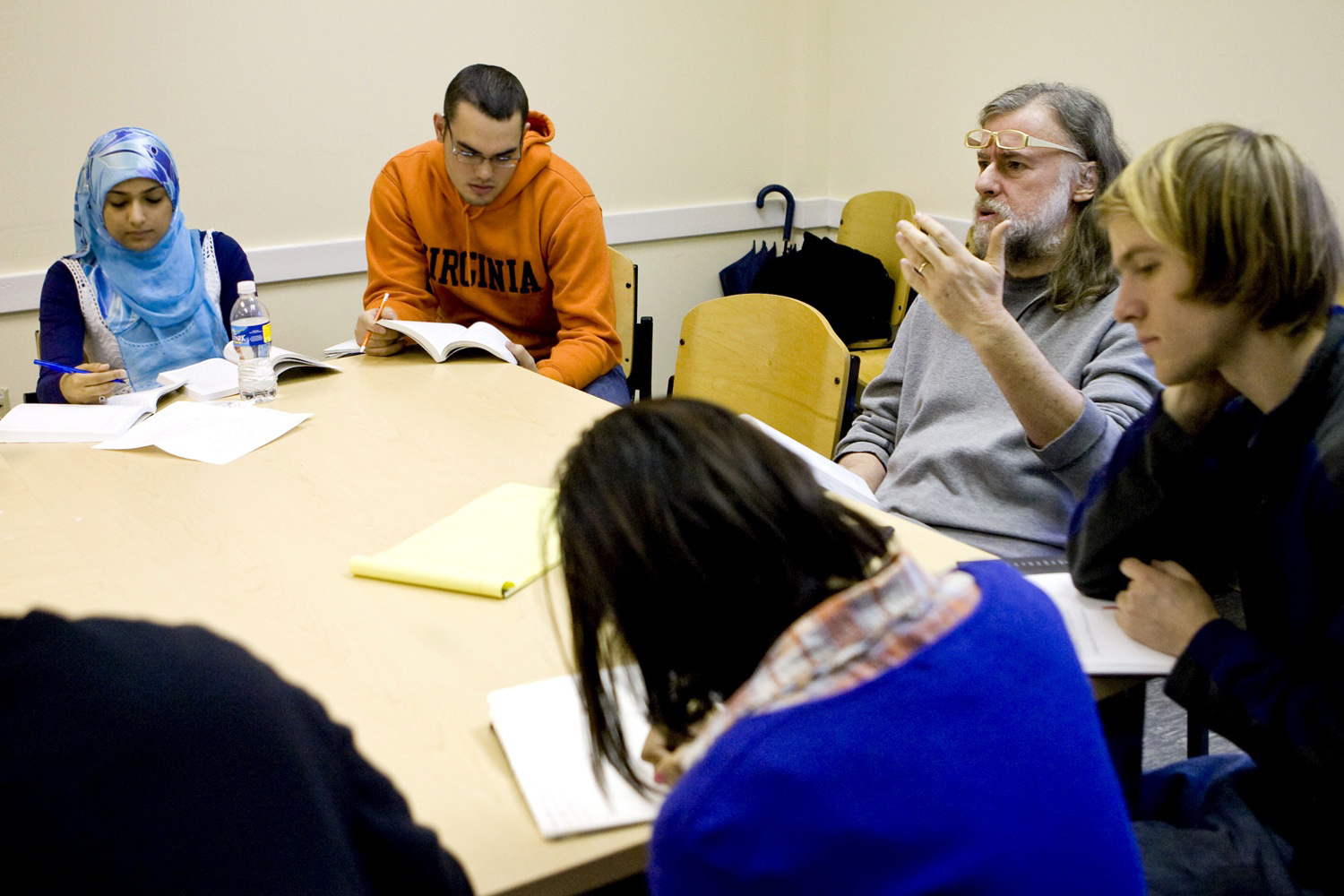


Meredith Anne Skura is Libbie Shearn Moody Professor of English, Rice University and author of The Literary Use of the Psychoanalytic Process. Margaret Ann Fitzpatrick Hanly is a psychoanalyst in private practice in Toronto, Canada, and a member of the faculty of the Toronto Psychoanalytic Institute. He is currently at work on a book to be entitled Wordsworth and the Anthropology of Lyric. He is the author of A Defense of Poetry: Essays on the Occasion of Writing and Editor of The Rime of the Ancient Mariner. Paul Fry is William Lampson Professor of English at Yale University.


He is currently at work on a book to be entitled The Death of Sigmund Freud about Freud's escape from Vienna in 1938. For their part, the Nazis hated Freud with a. Mark Edmundson - 'When Hitler invaded Vienna in the winter of 1938, Sigmund Freud, old and desperately ill, was among the citys 175,000 Jews dreading Nazi occupation. He is author most recently of Why Read?, Teacher and Towards Reading Freud. Here Mark Edmundson traces Hitler and Freuds oddly converging lives, then zeroes in on the last two years of Freuds life, during which he was rescued and. Get this from a library The death of Sigmund Freud : the legacy of his last days. Mark Edmundson is the NEH/Daniels Family Distinguished Teaching Professor of Arts and Sciences at the University of Virginia. She is the author of Trauma: Explorations in Memory and Empirical Truths and Critical Fictions: Locke, Wordsworth, Kant, Freud. (Sept.Cathy Caruth is Winship Distinguished Research Professor of Comparative Literature and English at Emory University. There are some moments of sharp insight when Edmundson veers away from the biographical and delves into his own critical ideas, but these would have been better served in an article rather than incorporated into a narrative of danger, escape, illness and death. Edmundson adds nothing in recounting the details of Freud’s life, and those facts are repeated over and over. But the earlier parts of the volume are thin. In fact, Edmundson’s aim seems even grander: to revive Freud’s legacy as a sage of human nature in an intellectual climate that has moved beyond many of his ideas. (published in 1939), arguing for Freud’s profound insights into the rise of a totalitarian, paternalistic leader like Hitler. The crux of the book comes at its very end, where Edmundson, a contributing editor at Harper’s He begins in 1938 Vienna on the eve of Hitler’s invasion and ends less than two years later, when Freud died in London. Expanding on his 2006 New York Times MagazineĪrticle, “Freud and the Fundamentalist Urge,” Edmundson develops his thesis about the lure of powerful, authoritarian leaders.


 0 kommentar(er)
0 kommentar(er)
